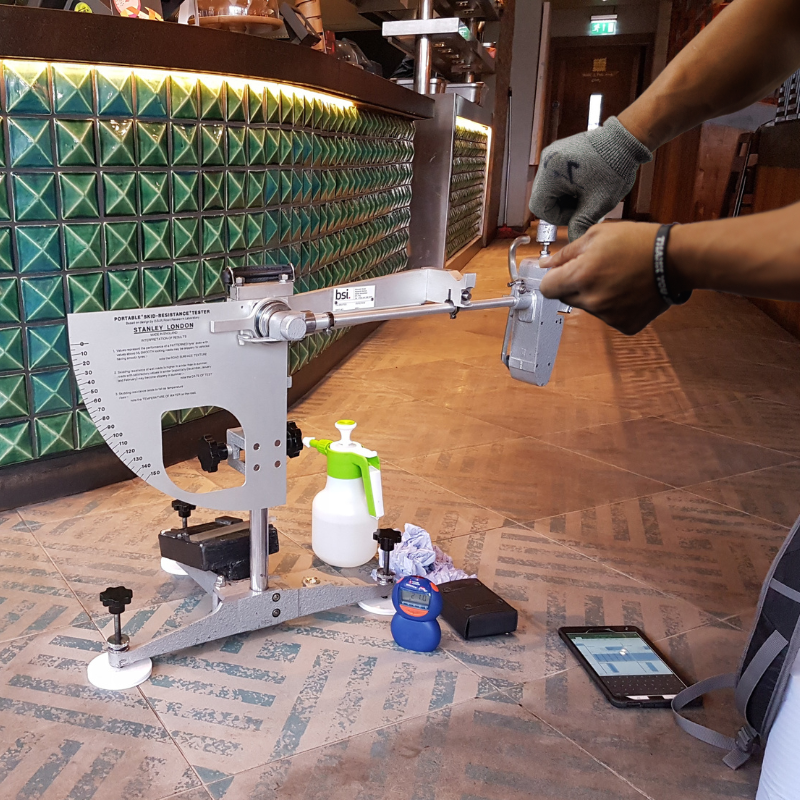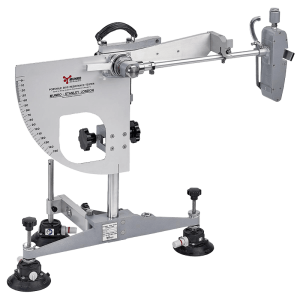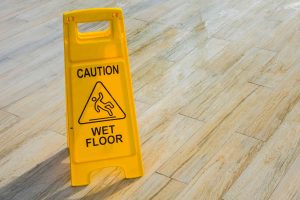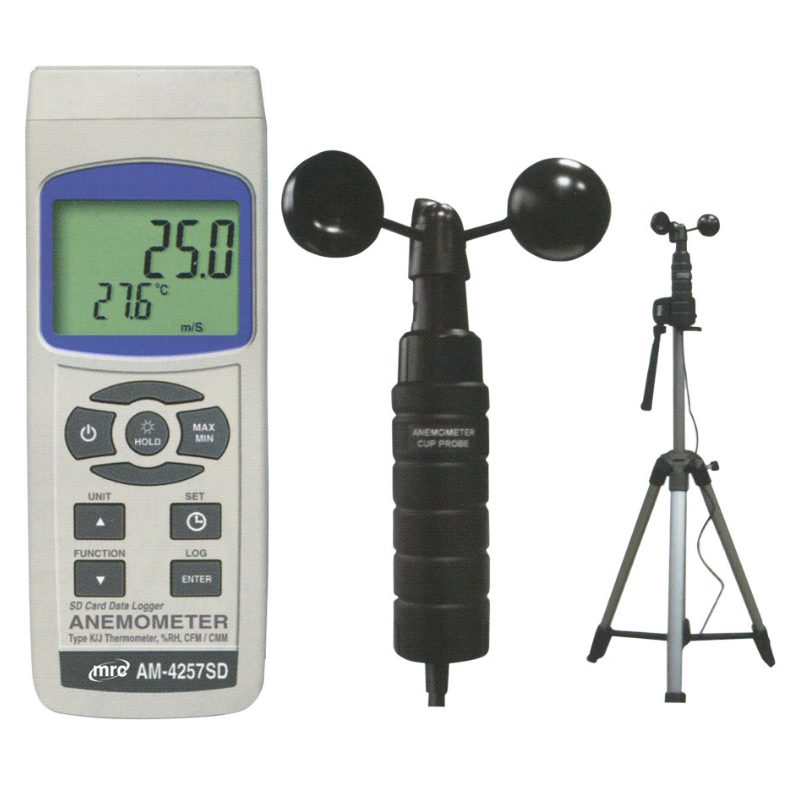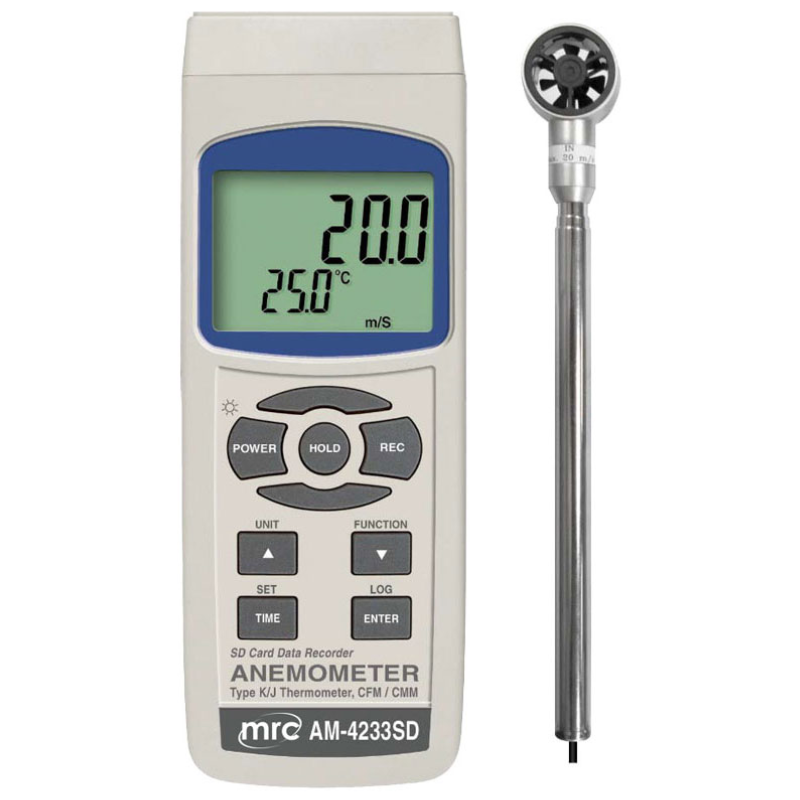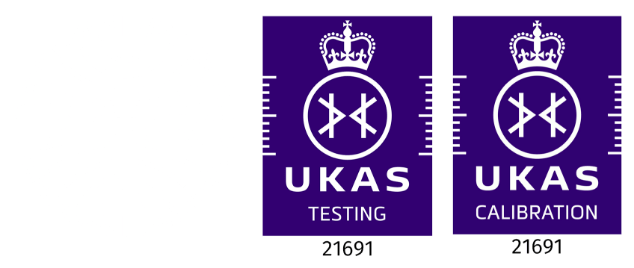In the hustle and bustle of a kitchen, safety is often a top priority, and one of the most overlooked aspects is slip resistance. Kitchens, especially in commercial environments, are prone to spills, grease buildup, and heavy foot traffic. If you’re responsible for the safety of a kitchen, understanding and applying slip testing is essential. So, what exactly is slip testing, and why is it so important? Let’s explore this in detail.
Why Is Slip Testing Crucial for Kitchens?
Kitchens are high-risk areas where slip accidents can happen frequently. Wet floors from spills, oils from cooking, and even steam can create hazardous conditions. Slip accidents in the kitchen can lead to serious injuries, costly lawsuits, and downtime in operations. Meeting safety standards and legal regulations is essential for businesses, and one of the most reliable ways to ensure compliance is by conducting regular slip tests.
What Is Slip Testing?
Slip testing measures the friction of a floor surface to determine its slip resistance. In kitchens, where surfaces often get wet or greasy, it becomes particularly important to test the slip resistance regularly. A variety of tests can be conducted depending on the type of floor and conditions.
Pendulum Slip Testing for Kitchens
The pendulum test is one of the most widely used methods for assessing slip resistance in kitchens. It mimics the action of a slipping foot and measures the slip potential on different surfaces. This test is highly reliable and can be used to test both dry and wet conditions, making it ideal for kitchen floors. A benefit of the pendulum test is its accuracy and ability to simulate real-world conditions.Pendulum Slip Testing for Kitchens
Common Kitchen Floor Materials and Their Slip Resistance
Not all floor materials are equal in terms of slip resistance. Here’s how some of the most common materials used in kitchens perform:
- Ceramic Tiles: These can become extremely slippery when wet, making slip resistance testing critical.
- Vinyl Flooring: Typically better for slip resistance, but still requires regular testing to ensure safety.
- Concrete: Durable but can become hazardous without proper maintenance and slip resistance treatments.
How to Improve Slip Resistance in Kitchens
Improving slip resistance doesn’t always mean replacing your floor. There are several ways to enhance slip resistance in kitchens:
- Anti-Slip Treatments: Coatings can be applied to existing floors to improve traction.
- Textured Flooring: Installing textured flooring can significantly reduce slip accidents.
- Proper Cleaning: Consistent cleaning and drying of floors ensure that grease and spills don’t reduce slip resistance.
Cleaning Practices That Impact Slip Resistance
Grease and oils are often the primary culprits of slippery floors in kitchens. However, using the right cleaning products and techniques can maintain or improve slip resistance. Avoiding excess water and ensuring floors are thoroughly dried after cleaning is key.
Legal Requirements for Kitchen Safety
Workplace safety regulations require that kitchens maintain a certain level of slip resistance. In the food service industry, there are strict compliance standards to ensure that workers and patrons are safe. Conducting regular slip tests helps in meeting these legal requirements and avoiding potential fines or legal action.
The Role of Slip Testing in Accident Prevention
Conducting slip testing regularly is one of the best ways to prevent accidents. Many accidents in kitchens are due to the lack of friction on the floor, which could have been identified through a simple slip test. There are numerous case studies where slip testing has significantly reduced accidents in commercial kitchens.
How Often Should You Conduct Slip Testing in Kitchens?
The frequency of slip testing depends on the type of kitchen and the foot traffic it experiences. For high-traffic kitchens, it’s advisable to conduct slip tests every few months. However, if the kitchen experiences less traffic, annual tests may be sufficient.
How to Choose a Professional Slip Testing Service
Choosing the right professional slip testing service ensures accurate results and compliance. Look for a service that is certified, experienced in kitchen environments, and provides detailed reports that you can act upon.

